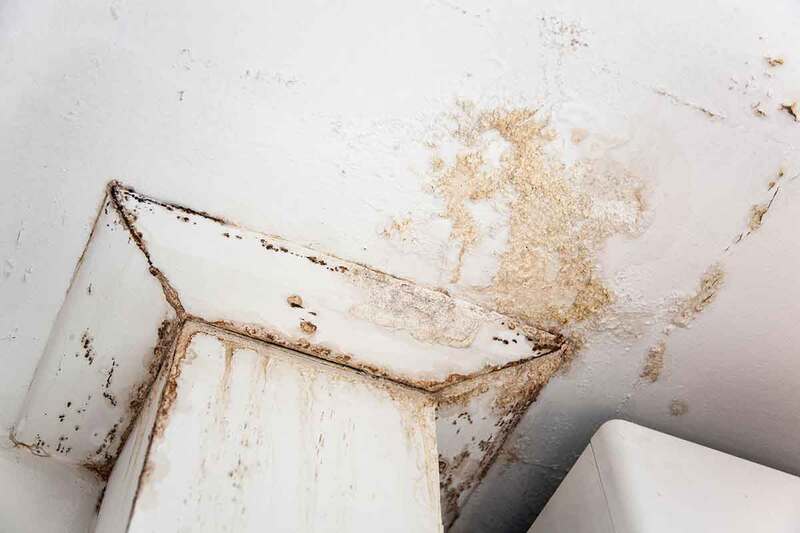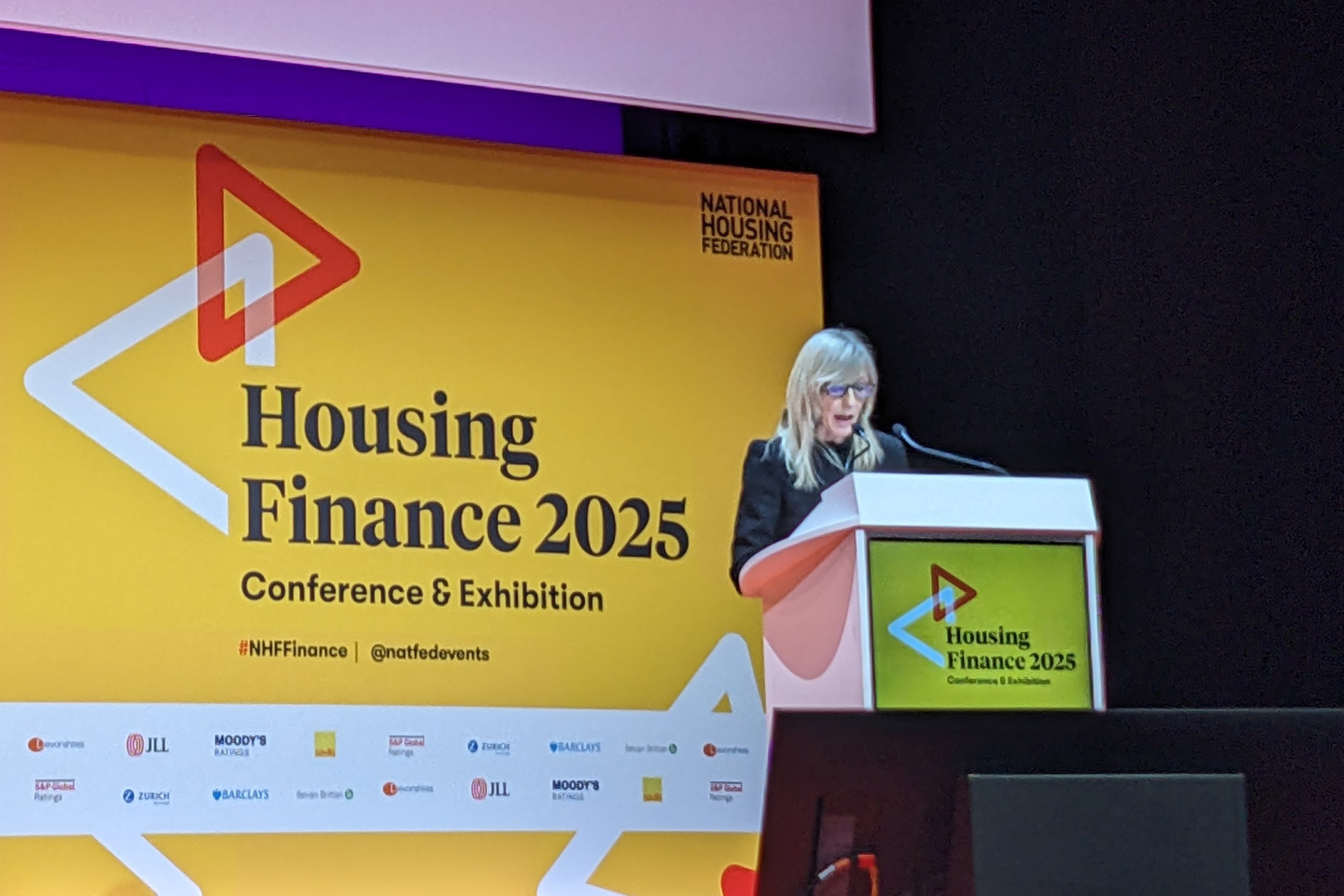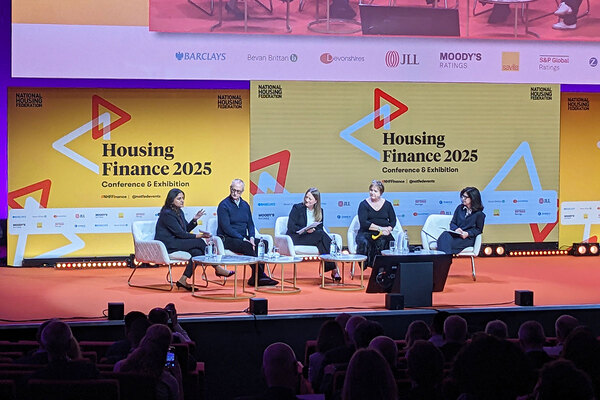Registered providers brought 37,500 homes up to Decent Homes Standard in 2024
Private registered providers (PRPs) in England remediated almost 37,500 properties in 2023-24 to make them compliant with the Decent Homes Standard (DHS).
The Regulator of Social Housing’s (RSH) Statistical Data Return (SDR) showed that between 1 April 2023 and 31 March 2024, PRPs reported that they identified nearly 42,000 additional homes that failed to meet the DHS.
Approximately half of these were found as a result of substantive stock condition surveys delivered within the year, according to the RSH. These are defined as surveys that were undertaken on 20 per cent of all low-cost rental stock.
However, PRPs also reported that they completed remediation work on 37,437 homes during 2023-24 and said they lost from their stock 1,821 non-decent properties.
The total number of units reported as failing the DHS reduced from 14,577 in 2022-23 to 12,180 in 2023-24.
The proportion of units reported by PRPs as being non-decent on 31 March each year has remained fairly stable, at 0.6 per cent in 2022-23 and 0.5 per cent in 2023-24.
“New data collected in the SDR suggests that while reporting of non-decent units at year-end is relatively low, there is significant activity to identify and remediate non-decent units,” the RSH said in the data.
The most frequently reported DHS criterion for units to fail in both 2022-23 and 2023-24 was reasonable state of repair.
The data also showed that the majority (87 per cent) of large PRPs (197) reported undertaking a stock condition survey during 2023-24, up from nine per cent in the previous year.
Nearly 90 per cent of PRPs conducted substantive stock conditions surveys in the year to 31 March 2024.
Across the past five years, PRPs estimated that they have physically inspected 68 per cent of their stock to assess compliance against DHS criteria.
Will Perry, director of strategy at the RSH, said: “Landlords should ensure they hold accurate, up-to-date data to inform strategic decisions, especially around rents and the condition of homes.”
In September, the government said it will consult on a new DHS for the rented sectors.
It said the consultation will launch “as soon as possible” and will look to “ensure safe, secure housing is the standard people can expect” in both social housing and private rented properties.
The government has also said that Awaab’s Law will be introduced “this autumn” for the social housing sector.
It plans to extend this to the private rented sector through its Renters’ Rights Bill.
The previous government announced Awaab’s Law as an amendment to the Social Housing (Regulation) Act to force social landlords to investigate and fix damp and mould in their properties within strict new time limits.
The consultation on this, launched in January, proposed that social landlords must investigate hazards within 14 days, start fixing within a further seven days, and make emergency repairs within 24 hours.
Stock quality is also an important theme in the Regulator of Social Housing’s consumer standards. The Safety and Quality Standard, which replaced and strengthened the regulator’s Home Standard, requires landlords to provide safe, good-quality homes and landlord services to tenants.
EPC ratings
Almost all (99 per cent) low-cost rental units owned by PRPs required an Energy Performance Certificate (EPC) in 2023-24.
Of those requiring an EPC, 71 per cent (1.8 million) were EPC C or above in 2023-24, a rise from 67 per cent of units (1.7 million homes) in the previous year.
As well as reporting an increase in the number of units that had an EPC rating of C or above, PRPs also reported fewer units where the EPC rating was not known (51,603) and fewer units where an EPC rating was not required (17,654).
The RSH said in its SDR: “This suggests that work to assess and improve the energy performance of units is being undertaken by large PRPs.
“This work may, in turn, have contributed to the reduction of units reported as non-decent due to failure to meet thermal comfort.”
At the end of September, the government said it would “shortly consult” on proposals for private and social rented homes to achieve EPC Band C or equivalent by 2030, as promised in its manifesto.
Sign up for Social Housing’s weekly news bulletin
Social Housing’s weekly news bulletin delivers the latest news and insight across finance and funding, regulation and governance, policy and strategy, straight to your inbox. Meanwhile, news alerts bring you the biggest stories as they land.
Already have an account? Click here to manage your newsletters.
RELATED








